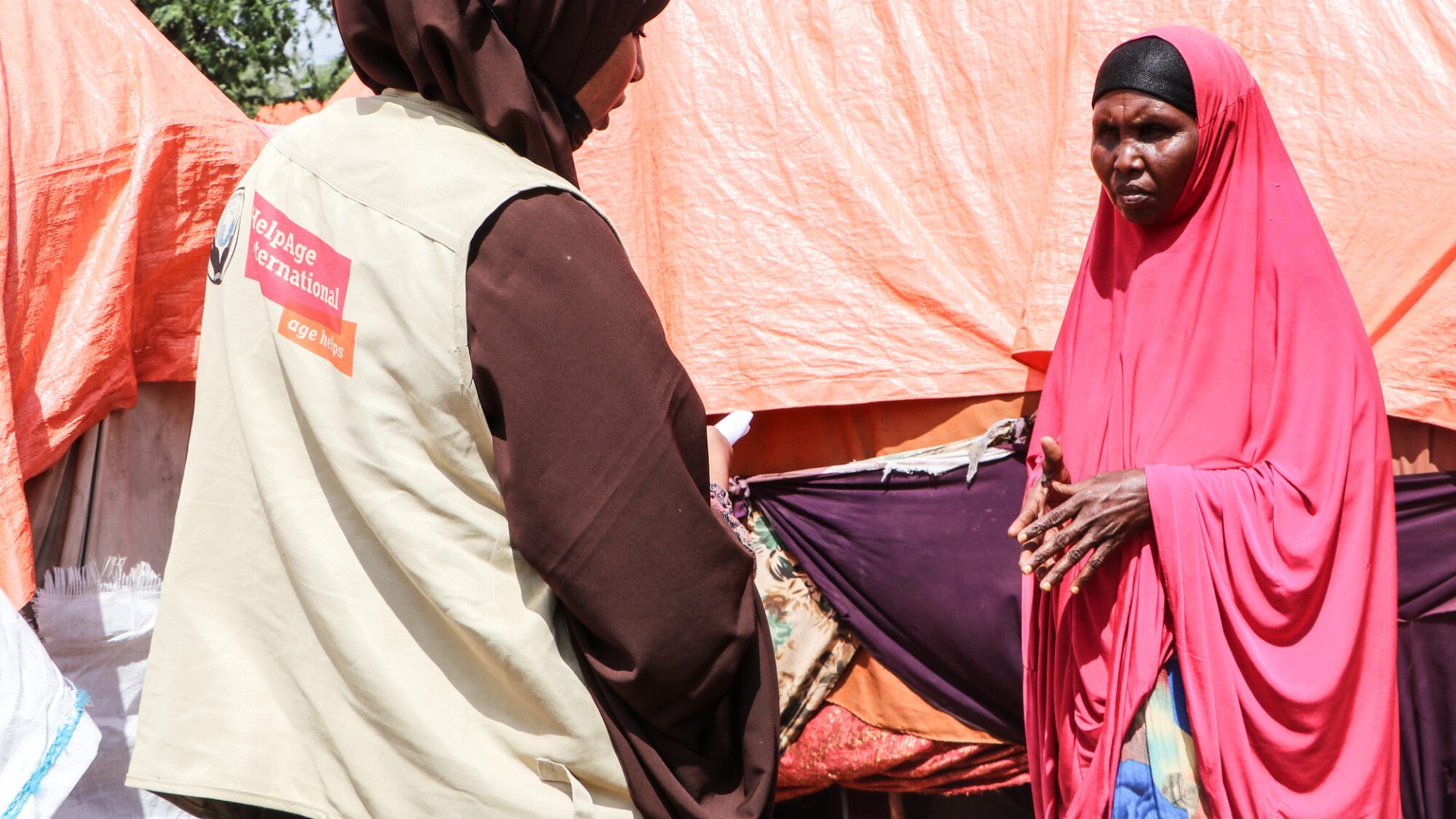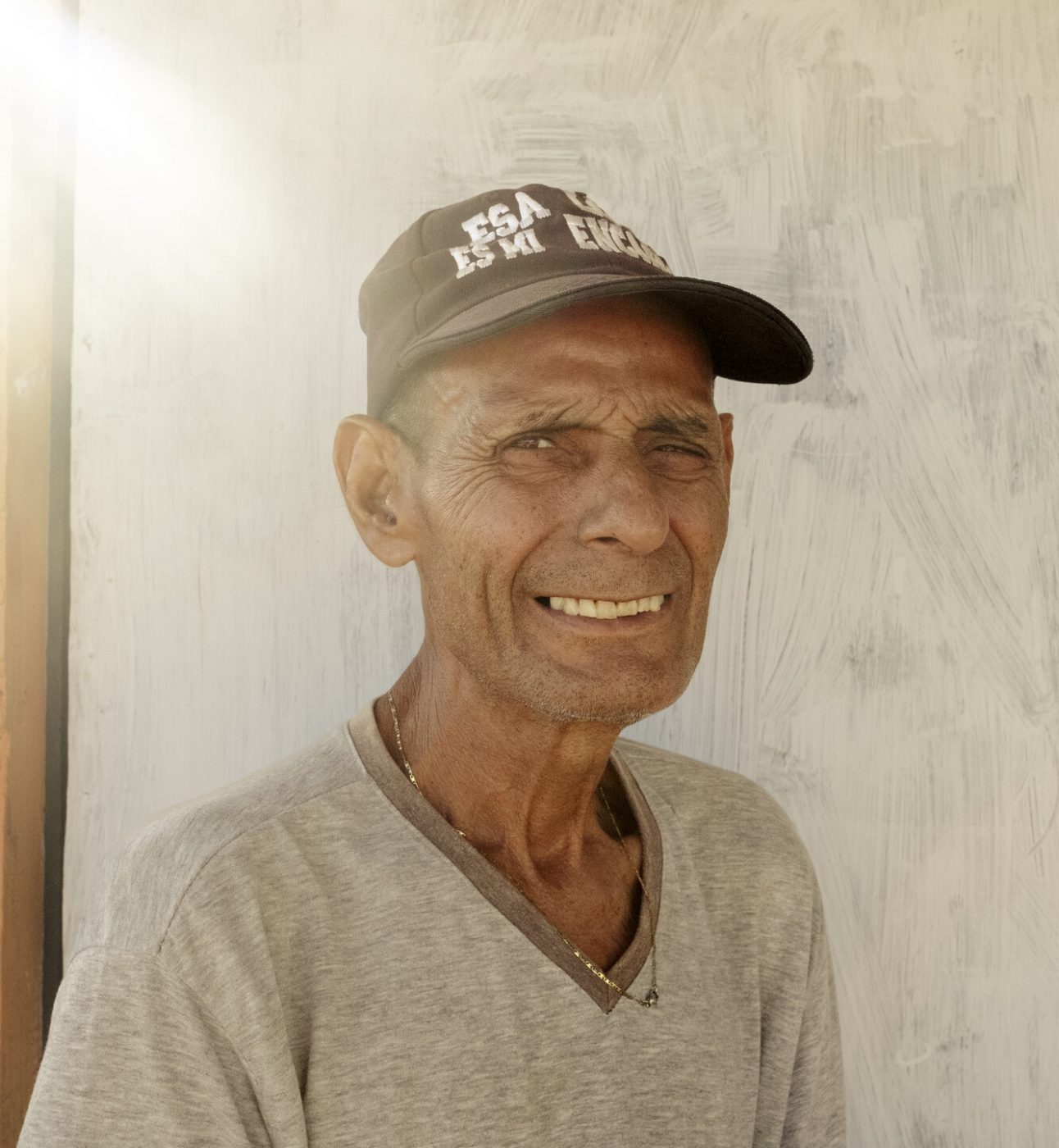Adaptive and shock-responsive social protection (ASRSP) plays a pivotal role in this mission, offering timely support that helps communities not just survive but thrive in the face of adversity.
What is adaptive and shock-responsive social protection?
Adaptive and shock-responsive social protection (ASRSP) systems deliver help to poor and at-risk households to cope with major disruptions like natural disasters, economic crises, pandemics, armed conflict, and forced displacement.
They provide cash or in-kind support and services directly to these households, helping them get ready for, deal with, and recover from such shocks before, during, and after they occur. By building resilience, ASRSP helps families move out of chronic vulnerability.
Preparing social protection systems to handle large-scale shocks that impact many people at once is key. This can involve creating responsive systems and plans in advance to quickly provide assistance to affected households. This approach builds on the existing national set-up to provide a framework for additional emergency response efforts, ensuring a comprehensive support system.
Shielding older people: why ASRSP matters
The world’s population is ageing rapidly; by 2050, the number of older people is expected to double to about 2.1 billion, with most living in low- and middle-income countries.
Recently, COVID-19 and international conflicts have worsened food, fuel, and finance crises, hitting older people hard.
Multiple human-made pressures have also increased. Many governments have taken financial measures to control inflation, but this has impacted their ability to support those most at risk.
Large-scale shocks, like economic crises, climate events (such as droughts, floods, and typhoons), epidemics, and conflicts, affect many households at once. These are different from individual shocks, like personal life events.
ASRSP is increasingly used to support fragile households affected by these large-scale shocks. Its goal is to reduce risk and help households recover after such events.
However, despite its importance, ASRSP has not focused enough on the rights, needs, and abilities of older people, who are among the most affected by these crises.
Uncovering key findings through research
To address this gap, HelpAge International, along with our partners Age International, STOP Zambia, and the Malawi Network of Older Persons (MANEPO) conducted research to explore the key factors affecting older people’s risks after crises and how to address these through adaptive and shock-responsive social protection systems.
The findings reveal that factors like gender, living arrangements, income, health, and disability influence older people’s risk and resilience during crises.
Access to social protection, especially regular income from social pensions, greatly boosts their resilience and ability to cope with shocks.
The report offers practical recommendations and case studies on designing an ASRSP system. It also highlights the role of innovative structures like Older People’s Associations.


